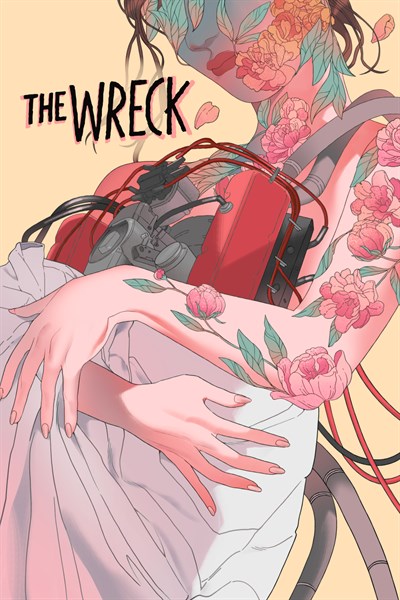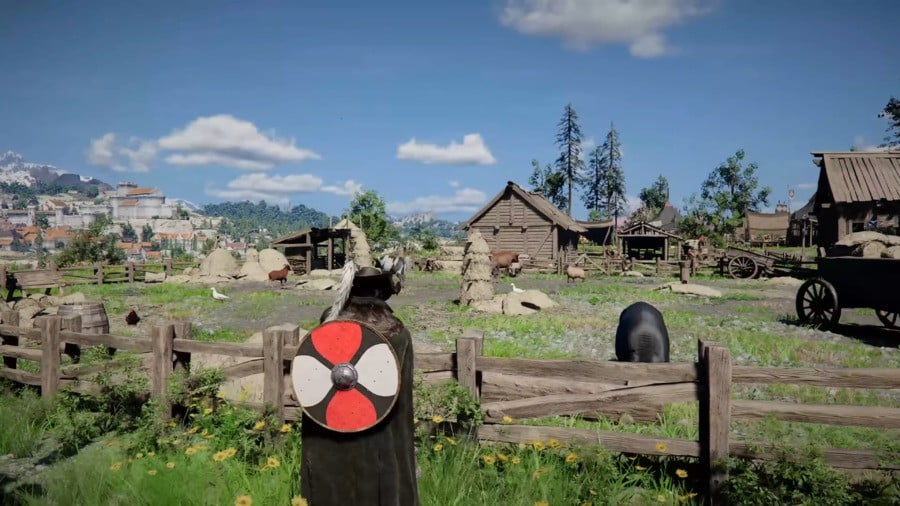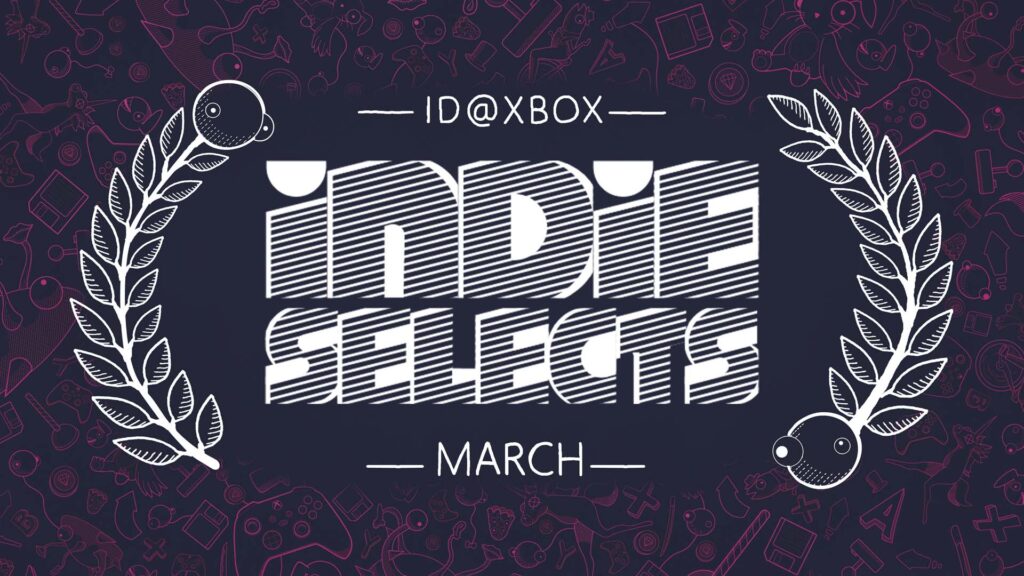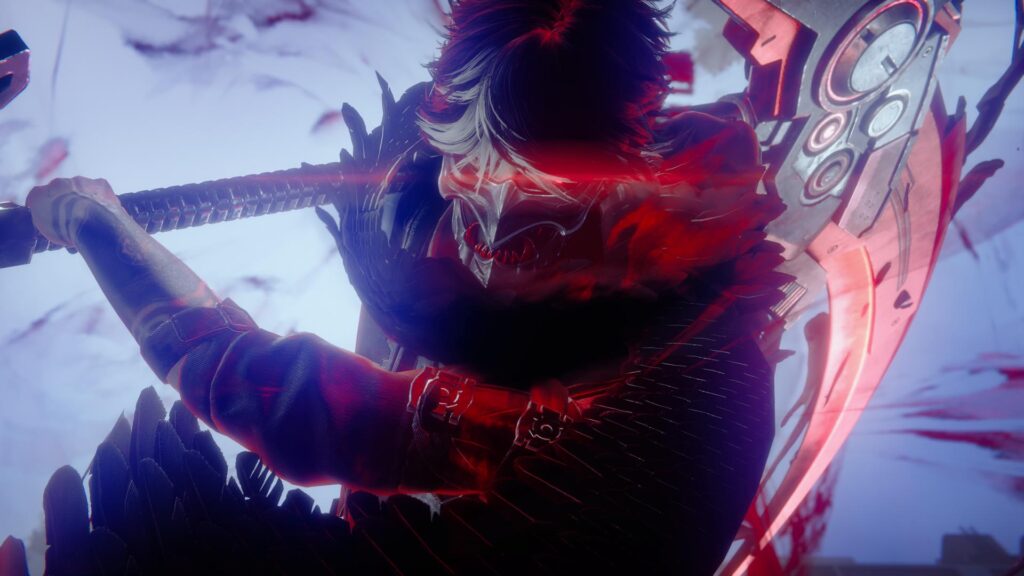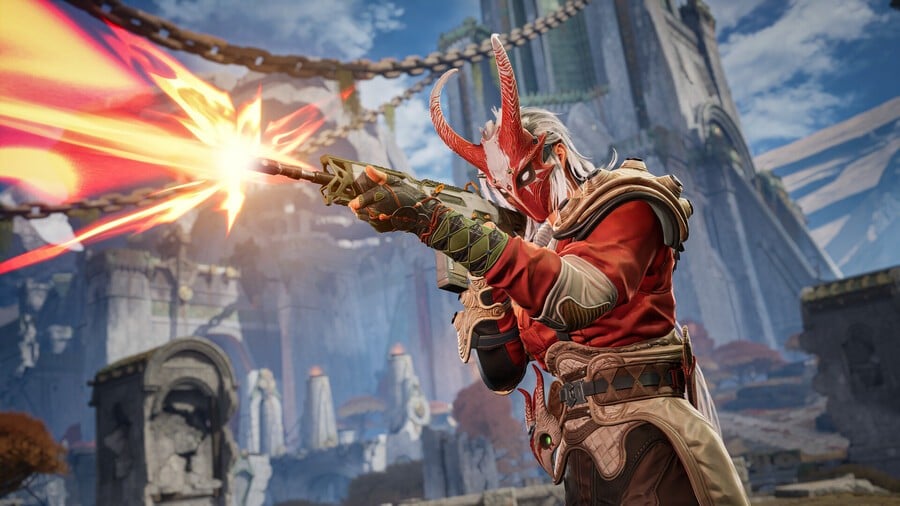In The Wreck, All Your Choices Prepare you for the Very Last One

This 3D visual novel presents you with choices that matter… Just not in the way you think
It’s become kind of a trope associated with interactive narratives in games: supposedly, for them to be good, all the decisions the player makes should have a radical impact on the story itself. If not, some people go as far as to pretend the choices “don’t matter”, therefore leading to an unsatisfying experience. We thought about that a lot when we designed The Wreck, and decided to try to go with something hopefully a bit more subtle.
The conflict we had to resolve was this: on one hand, we wanted to tell a specific story, one of resilience, redemption and bloom, in which a character who starts in the worst possible situation works her way towards a well-deserved solace. But on the other hand, we also wanted to make a video game that would be reactive to the player’s inputs, provide them with answers to their questions and convince them that they have a role to play in the story we were telling.
The first tool we used was to give the player access to the thoughts of Junon, the main character. Every time something crosses her mind, her thoughts are displayed onscreen for you to read. Better: when she faces a dilemma, for instance when she’s not sure how to react to her sister Diane’s suddenly serious tone, you’re the one picking a strategy on her behalf… and forcing her to face the consequences.

Those “thought choices” are not crucial in the sense that they won’t completely redefine the story. Best case scenario, they’ll shed some light on an aspect of Junon’s personality that was, up until that moment, kept secret. But they allow for a strong connection to form between the player and our main character. Because you’re literally in her head, and because she’ll think the things you want her to think, you gradually feel more and more attached to her – and involved in her fate.
Also, influencing Junon into thinking something will open up new dialog options to pick from, so the player also has an influence on the conversation Junon has with the game’s NPCs. That’s where The Wreck’s narrative becomes non-linear: each encounter is composed of several different stretches of dialogs, but we wrote them in a way that is plastic enough for you to come across them in a lot of different orders. Once you’ve completed an encounter with an NPC, we made sure you have every information you need for the overall story to unfold, while still getting the impression that your influence on Junon is real and direct.

Take a look at those flow charts: as Junon progresses through the game’s “levels”, the story structure becomes gradually more complex. And yet, to the player, it feels fluid and linear, as if there was no other way to reach the game’s unavoidable conclusion. Of course, this design choice is risky, as some may complain that the choices they make don’t seem to have enough of an impact. But we’re hoping that, for the majority of players, this concern won’t weight much compared to the strong bond they’ve gradually developed with Junon, and their desire to know how her tale of redemption ends.
For every thought the player instills in Junon’s mind, they are rewarded with a new nugget of information. They learn a little bit more about why she is the way she is, which traumas she’s hiding, and how she’s making progress in her struggle to get her life back on tracks. Through your choices, you commit to your relationship with her, and when she’s finally able to remember a crucial – and dark – part of her story that redefines her whole relationship with her mother, you’re familiar with her enough to help her make the final choice. The only one that really matters.

This ultimate choice will lead you to three very different endings that will redefine the tone of The Wreck completely. Usually, when games do that, it can feel a bit clunky: there’s the ending that feels natural, “canon”, and then there are the other ones, the “lesser” ones, that you may even regret ending up with. We really wanted to avoid that. That’s why this last choice is not about how the story will end – in fact, the story ends just before it.
In fact, this choice, this last commitment by you, the player, is about what Junon will do with all that happened to her. By picking one of those three possibilities, you define the kind of woman she’ll become. You invent a new Junon, one who is ready to start living again as soon as you switch off the console. And that is only possible because, choice after choice, you invested in knowing her.The Wreck is available today on Xbox Series S|X, Xbox One S and X.

The Wreck
The Pixel Hunt
$19.99
At 36, Junon’s life is in pieces: her career has stalled, she’s emotionally numb, and her personal life is falling apart. Things come to a head when she’s called to the ER to find her estranged mother in a critical condition. This is the most important day of Junon’s life, and unless something changes, it might be her last.
Relive the Past. Experience Junon’s memories and piece together the story of her past, including the tragic secret that lies at its centre.
Alter the Present. Use your understanding of Junon’s trauma to change how she navigates the day, unlocking new dialogue options and healing broken relationships.
Embrace the Future. When you’re at rock bottom, there’s nowhere to go but up. Help Junon find peace with herself and discover the humor, beauty and hope that lie even on life’s bleakest days.

